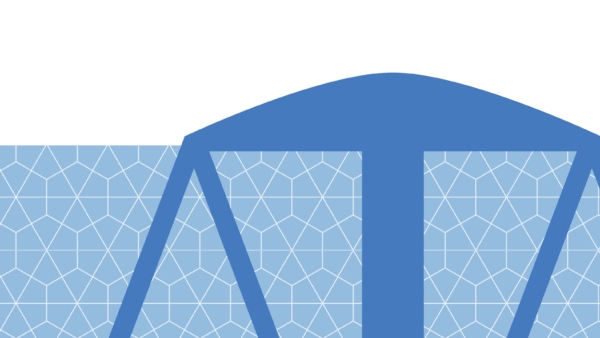Overview
The Solomon Islands does not have any HIV-specific laws, however there are general criminal provisions which might apply in cases of HIV ‘exposure’ or transmission.
The Penal Code incldes a general disease provision which criminalises ‘negligent acts likely to spread infection of disease dangerous to life’. Although the diseases this would apply to are not named, this provision could seemingly be used in cases of alleged HIV ‘exposure’. This offence is a misdemeanour, which are punishable with up to two years’ imprisonment and/or a fine.
Additionally, ‘harm’ is defined within the Penal Code to include diseases, meaning that HIV ‘exposure’ or transmission might be prosecutable under a range of general harm provisions. However, we are not aware of any instances of these laws being used against people living with HIV.
The Environmental Health Act 1996 (Ch 99) includes sections on notifiable diseases, but HIV is not included.
There have been no known HIV criminalisation cases in the Solomon Islands, which had only 12 diagnosed people living with HIV as at 2018.
Laws
Penal Code
Section 185. Negligent act likely to spread infection of disease dangerous to life
Any person who unlawfully or negligently does any act which is, and which he knows or has reason to believe to be likely to spread the infection of any disease dangerous to life, is guilty of a misdemeanour.
Penal Code
Section 4. Interpretation
In this Code, unless the context otherwise requires –
(…)
“harm” means any bodily hurt, disease or disorder whether permanent or temporary;
Acknowledgements
Our thanks to Australian law firm Hall & Wilcox for their research assistance to confirm current relevant legislation.
HIV Justice Network's Positive Destinations
Visit the Solomon Islands page on Positive Destinations for information on regulations that restrict entry, stay, and residency based on HIV-positive status, as well as access to HIV treatment for non-nationals.
